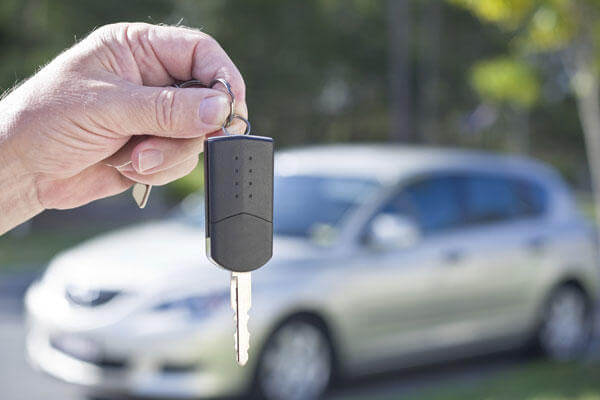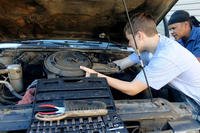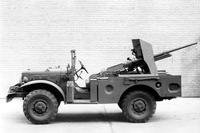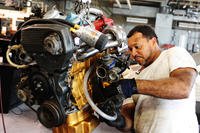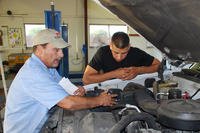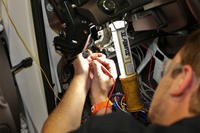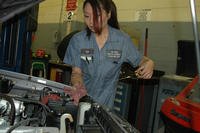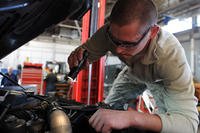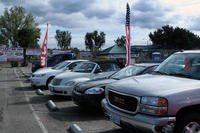Content provided courtesy of USAA.
Buying a used car has always been seen as a way to save money. But in today's market, it might cause a bit of sticker shock.
Slow sales of new cars in recent years have created a shortage of late-model used cars. "Used car prices continue to trend near record highs," says Eric Lyman, vice president of industry insights for TrueCar.com. "Prices have started to come down, but there's still a greater demand for high-quality used cars than there is supply."
Prices are especially higher for small, fuel-efficient vehicles, Lyman says, so buyers looking for large trucks and SUVs might find better deals. But whatever kind of vehicle you want, buying used can still be a wise move.
"Consumers can get the best deal if they are educated before they get to a dealer's lot," says Steve Thompson, vice president of USAA Bank Consumer Lending. Increase your confidence with online tools. You can compare makes and models, and then target specific cars and check out their histories.
Throughout the buying process, follow these three strategies.
1. Mind your money matters.
- Figure out what you can afford. Consider the cash value of the car you're selling. Calculate any additional down payment. Then determine a monthly payment that fits your budget. USAA financial planners suggest a maximum of five years for car loans.
- Determine market values in your region. Consult websites such as Kelley Blue Book and TrueCar.
- Get an auto insurance quote to help determine the true cost of ownership but note that collision and comprehensive coverage generally costs less for used cars.
- Look for low loan rates.
- Get preapproved. That can help simplify the negotiation process.
2. Find the right fit.
- Prioritize a list of the features you'd like: styling, engine power, cargo space, etc.
- Be flexible. Stay open to two or three models that would meet your needs — and your budget.
- Consider depreciation rates. Different makes in a given class might depreciate at different rates. Give bonus points to a car that tends to hold its value longer, thus costing less in the long run. Research depreciation ratings using ALG.
- Research your market. Don't wander used-car lots all over town. Websites such as Cars.com and Autotrader.com also help you explore local classified ads and dealer inventories.
3. Do your due diligence.
- When you inspect a car, assess the model year, mileage, tire tread, etc., to forecast longevity and maintenance needs. Remember that factory warranties usually transfer.
- Go for a test drive. Hit the highway to properly gauge a car's performance and try all its bells and whistles.
- Run a background check. Services such as Carfax.com can verify ownership history, mileage and accident history.
- Make sure the car has never been salvaged. Enter the vehicle identification number in the National Insurance Crime Bureau's VINCheck SM.
- If possible, run the car by a trusted mechanic for an under-the-hood inspection.
